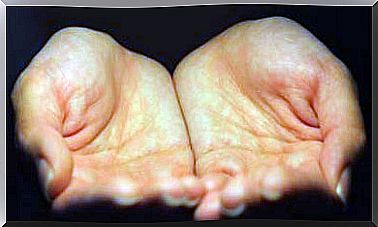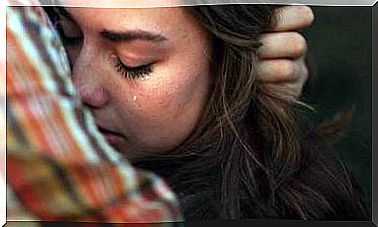There Are More Hyperpassive Parents Than Hyperactive Children
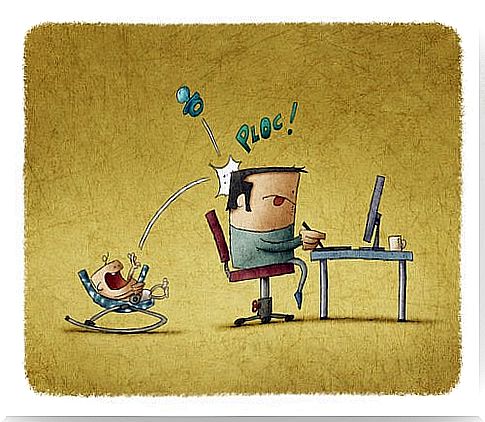
The term hyperactivity has become very popular. Many parents think that their children suffer from this disorder, that their children are hyperactive children. Respecting the advocates and detractors of the existence of such a disorder, it seems that there are not so many children who have it to the point of justifying the large number of diagnoses that have been made. That is, we are talking about a disorder – in case you can speak of it as such – overdiagnosed.
There are many, many parents who turn to psychology, child psychiatry, or neurology centers in search of a diagnosis that confirms their suspicions. A suspicion that, according to them, indicates that their child is hyperactive. The fact is that often this diagnosis is not confirmed and parents leave the consultation more discouraged than they entered (as contradictory as it may seem), and other times this diagnosis is confirmed, but it is wrong.
In a first consultation with the parents, after identifying problem behaviors, an assessment of the child and the family dynamics is carried out. If necessary, the family is intervened in order to optimize the family dynamics and the child’s behavior.
Hyperactive children or hyperpassive parents?
A few days ago, while reading a text from the internet that said: “There are more hyperpassive parents than hyperactive children”, I kept thinking and this made me reflect and decide to write an article on this topic. I thought there would be interesting questions, so let’s get to them.
There is and is known the huge demand for diagnoses of Attention Deficit Disorders or Attention Deficit Disorders with or without hyperactivity (ADHD) in children who do not concentrate in the classroom, do not do their lessons, move a lot, are more restless… In addition, we can list more complaints that, disguised as symptoms, make parents or teachers believe that these children (who do not meet their expectations) have some kind of problem or psychological disorder.
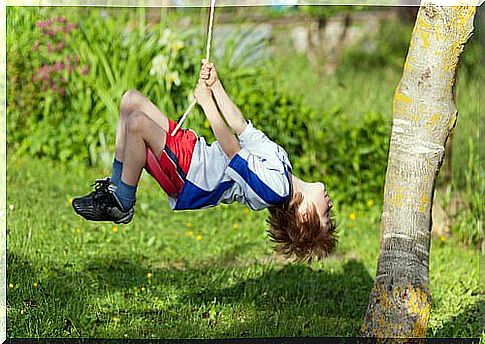
They go around the consultations with different professionals and specialists with the objective of diagnosing and labeling their children as hyperactive to be calm and, in the worst case, to medicate them. And in this way, act in a hyperpassive way.
Overly busy and worried parents
It’s true that moms and dads don’t sit around watching television or looking at their cell phones all day. Many even have more than one job outside the home, in addition to household chores. They do not stop in their day-to-day lives, they are stressed, in a hurry, they are very busy (and so are the children) and they arrive home late and tired, they spend very little time with their children and the little time they spend is passively.
Parents and children have so little energy when they get home that they don’t feel like playing outside, cooking together, there’s no time to play on the floor to play at home, tickle the bed, make towers with blocks, sing or dancing, laughing together, making up stories with puppets or animals, telling stories, etc.
Technology and screens occupy these shared moments. Thus, children do not have opportunities to spend their energy, even suffering symptoms of anxiety, stress or excessive sadness, boredom or exhaustion. And parents are starting to worry about these symptoms.
“Truly happy family fathers aren’t often in bars.”
-Adolph Kolping-
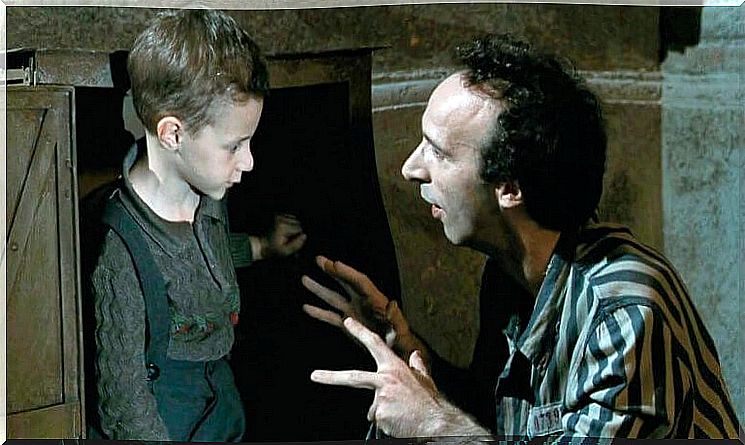
Spending more time with children means strengthening bonds
I firmly believe that it is more joyful than worth spending more time with children to play and be present with them while childhood lasts. So, it is necessary to make an effort to create other ways of being with them depending on their maturity and their unique needs. It’s never too late for review and change.
Because there aren’t as many hyperactive children, nor as many children with conduct problems, there are many more hyperpassive parents who don’t responsibly assume parenthood. In fact, having chosen it, they seem not to be aware of all that this entails, spending energy, spending time with their children, taking care of their children’s needs. Also of achieving many achievements, moments of happiness and strengthening of the filial father bond, which undoubtedly is the basis for a good psycho-emotional development in children.
When something doesn’t work at home, or we realize that our kids might be having a problem, it’s time to stop and analyze the situation.
Main image courtesy of JrCasas.

